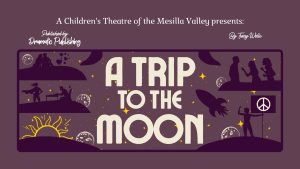As artificial intelligence (AI) continues to make significant strides in natural language processing and other areas, it’s natural to wonder how it will shape the future of work. As AI continues advancing and replacing some human repetitive tasks, it’s difficult to predict precisely which jobs will be automated. However, there are some tasks that are generally considered less likely to be replaced by AI due to their complex nature or the need for human interaction. In this blog post, we’ll explore some examples of tasks that AI may not replace.
Creative Work
Tasks that require original thinking, such as developing new ideas or creating art, are less likely to be automated as they involve a level of creativity and subjective judgment that is difficult for AI to replicate.
Decision-making
Tasks that involve making decisions based on complex or ambiguous information, such as strategic planning or risk assessment, are also less likely to be automated as they require a level of judgment and intuition that AI has not yet been able to fully replicate.
Personal Interactions
Tasks that involve human interaction and emotional intelligence, such as counseling or teaching, are also less likely to be automated as they require a level of empathy and understanding that is difficult for AI to replicate.
It’s worth noting that these are just a few examples and that the tasks that are less likely to be automated may vary depending on the specific industry or context. It’s also important to keep in mind that AI is constantly improving and that the tasks that are currently considered difficult or impossible to automate may become feasible in the future.





